
Recovering Guarania: Paraguay's Musical Identity
There's a new documentary out to rescue the Guarania. Here's everything you need to know to enjoy the Paraguayan genre with your family.
Last week, the documentary Guarania, el alma de un pueblo premiered at the National Archive in Asunción, capital of Paraguay. The premiere was a preview of the new film by the manager Laura Marín alongside renowned Chilean filmmaker Luis R. Vera, a refugee in Switzerland since the 1973 military coup and known for introspective films with Latin identity such as Mangoré, por amor al arte (2016), which follows the career of Paraguayan music great, Agustín Barrios Mangore.
Vera's film are part of an attempt by the country's cultural authorities to have UNESCO consider guarania as a Cultural Heritage of Humanity. Asked about this by EFE, the director affirmed that guarania "is very present as a national claim but very much cornered by the massive musical influence of reggaeton or hip hop." Asked about his own goals, he added that "I am interested in Latin America and the identity of each country, and in this case in Paraguay the guarania is the most reliable portrait of the idiosyncrasy of a people, just like the tango, the bolero, the waltz or the son."
Memories of warm Sunday mornings with tereré, and the laughter of neighbors enjoying jokes in Guaraní mark the emotional memory of many of its listeners.
1. The Guarani were a heterogeneous indigenous group from the Amazon to Rio de Plata, now reduced to Paraguay, Argentina, Bolivia and Brazil. Their language is one of the few pre-Columbian languages still spoken, it is co-official in Paraguay, but its speakers were discriminated against for centuries, especially during the dictatorship of Alfredo Stroessner.
2. The origin of the name seems to be related to the warriors that confronted the Spaniards. Its first grammar was written in 1643 by a Jesuit priest.
RELATED CONTENT
3. Since Paraguay's 1992 Constitution, there has been an attempt to recover the language, which survives outside the capital, fighting against the prejudice of many parents that their sons and daughters could be identified as "guarangos." Currently, for some, it is a source of pride to speak it in any of its dialects.
4. Until the beginning of the previous century, Paraguayan songbooks were full of spirited pieces. In 1924, the musician José Asunción came up with a more melancholic formula for listening rather than dancing, which perfectly captures new slow moods. Some say that he was advised by poet Manuel Ortiz when experimenting with the polka Ma'erápa reikuaase in 1924 and after reading Canto a la raza (1910) by Guillermo Molinas Rolón. Others say it was born in 1925, when he met Ortiz Guerrero at the Hotel Cosmos.
5. More than creating a genre, José Asunción Flores claims there was a turn from polka and galopa to the folk music of the Guarani people, which mixed with the atmosphere of the 20's and was marked by the love and longing for the homeland. It became the most important musical phenomenon of Paraguay in the 20th century. Flores was born in a humble environment, but was adopted by the intellectual and liberal politician Manuel Gondra.
6. The aforementioned introspection is expressed in minor mode pieces, with slow tempos dominated by the lyric, but over the years, it has also been influenced by bolero and bossa nova, especially in Brazil.



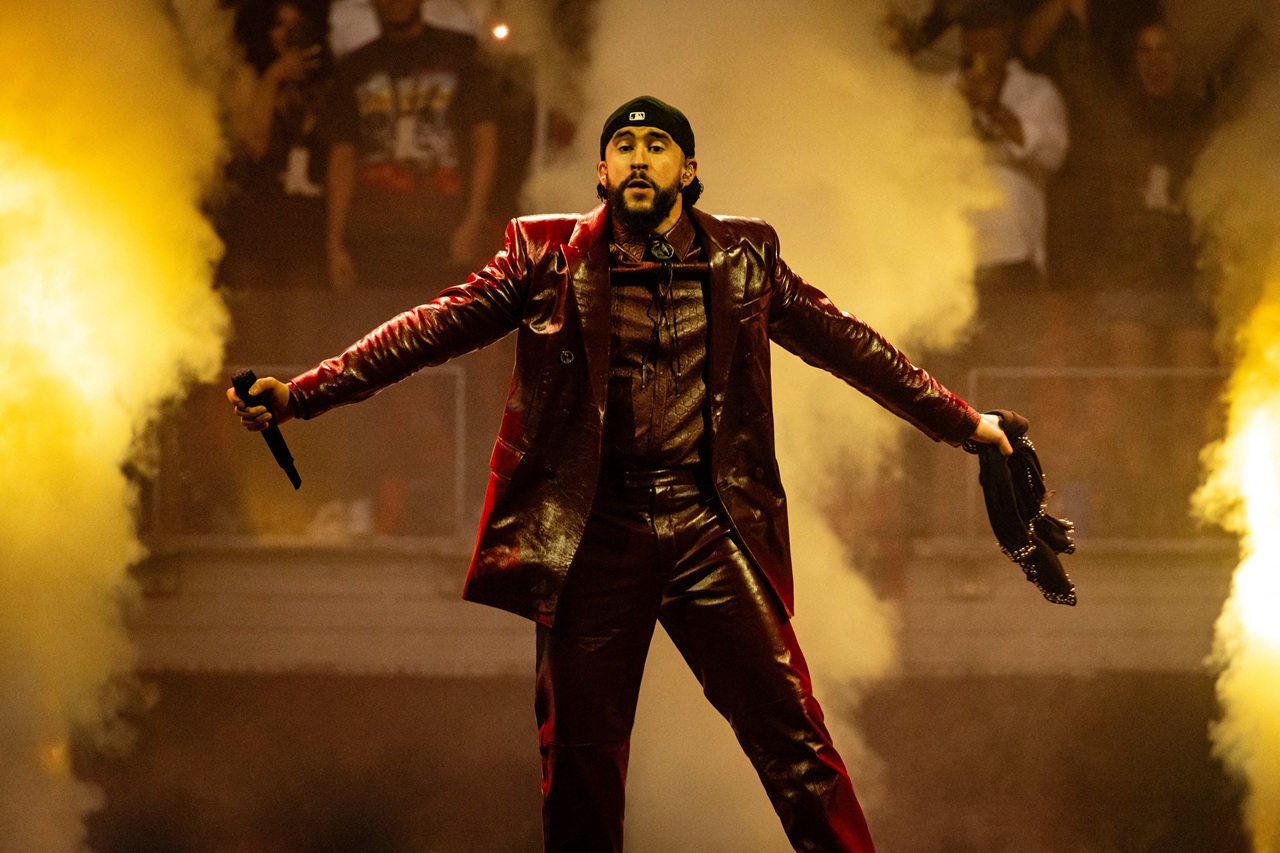
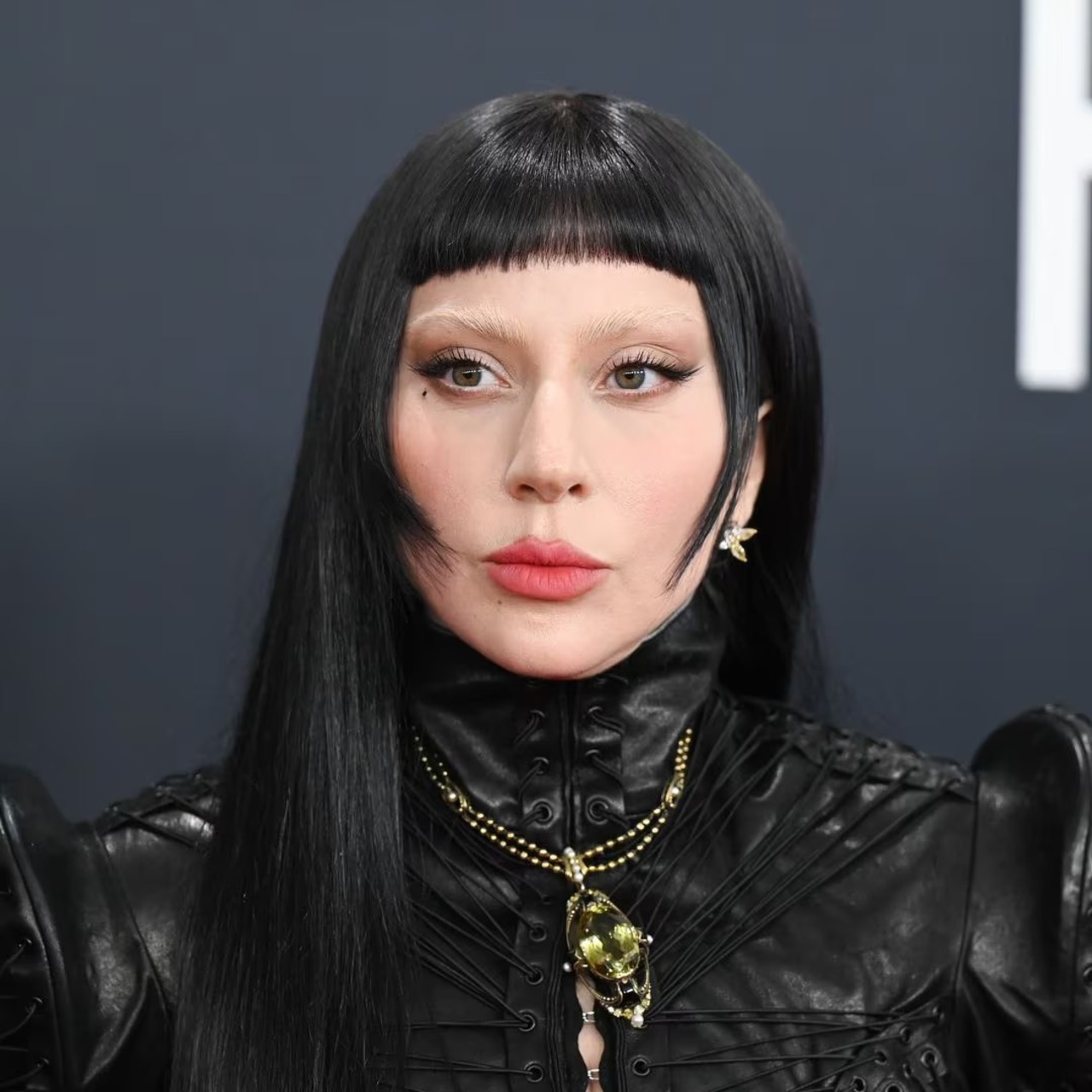
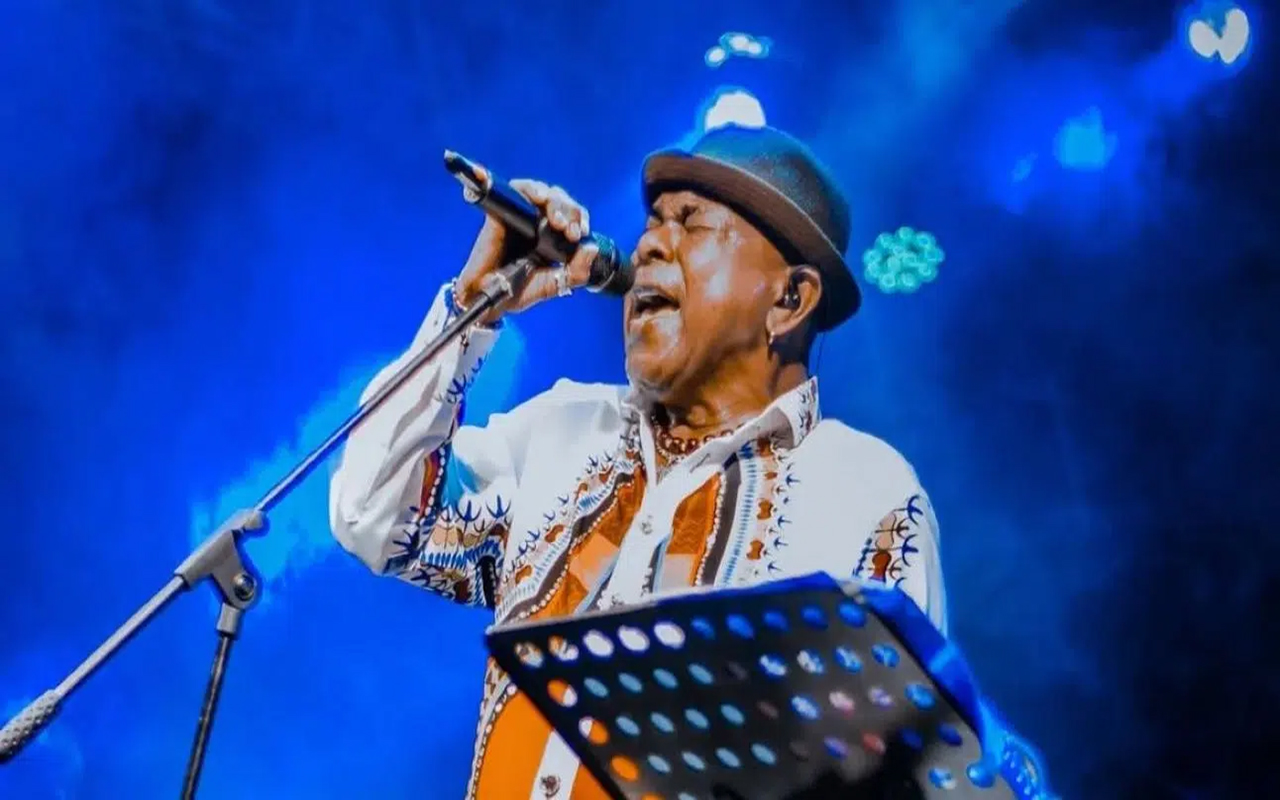
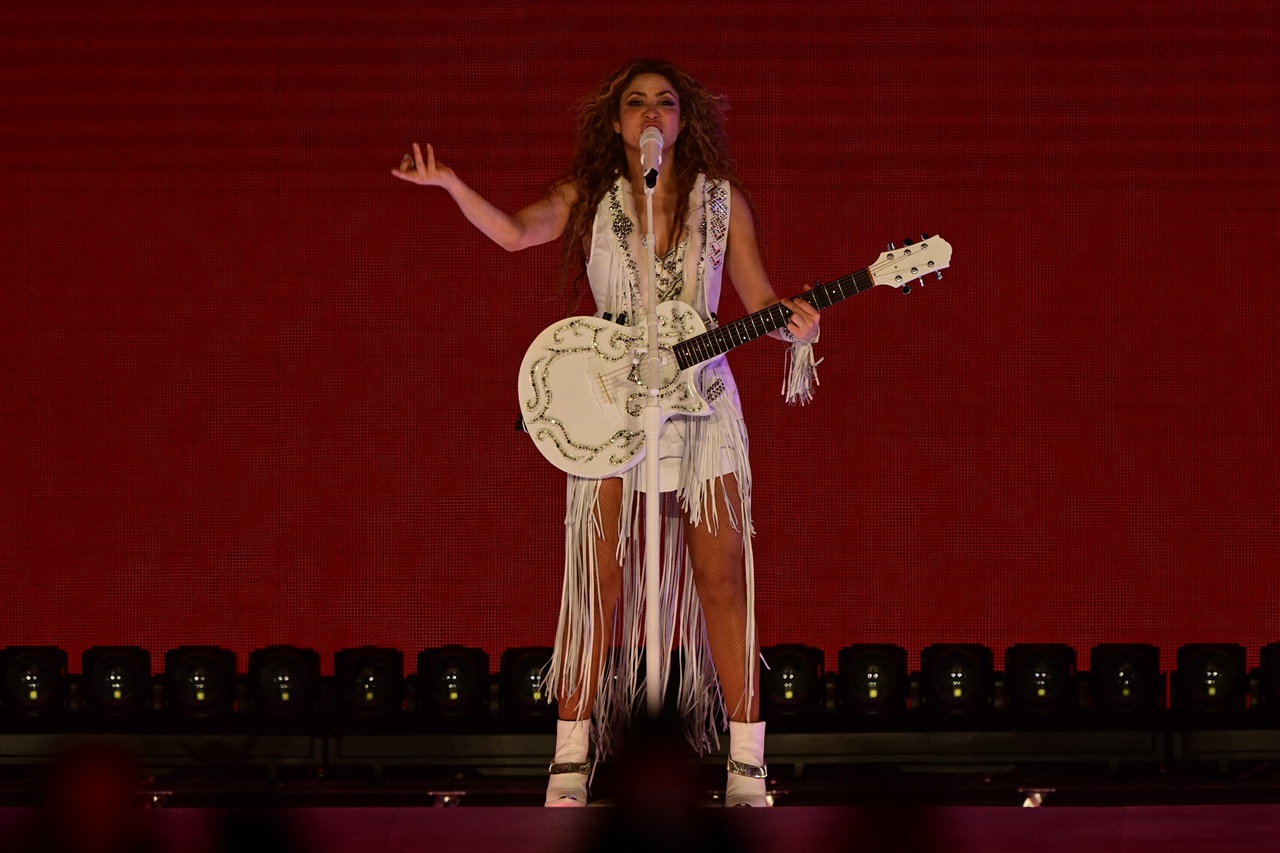
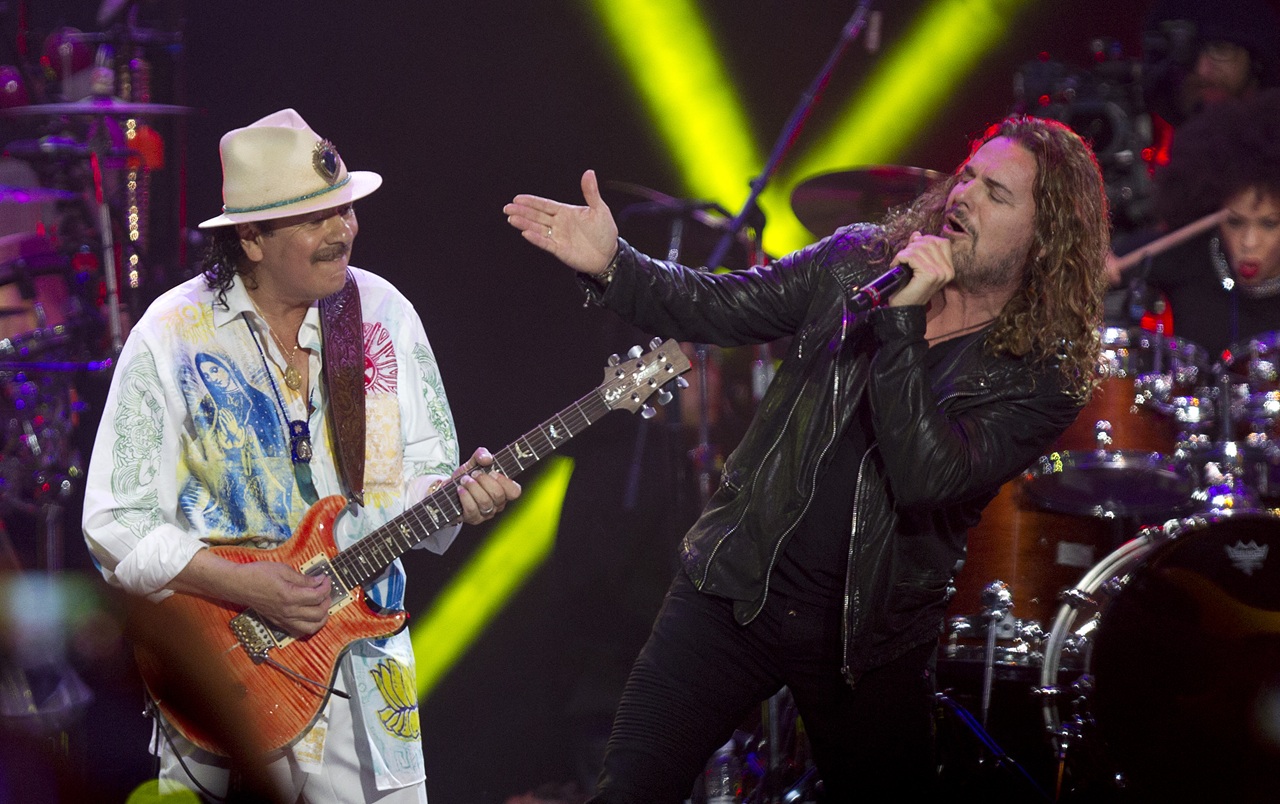

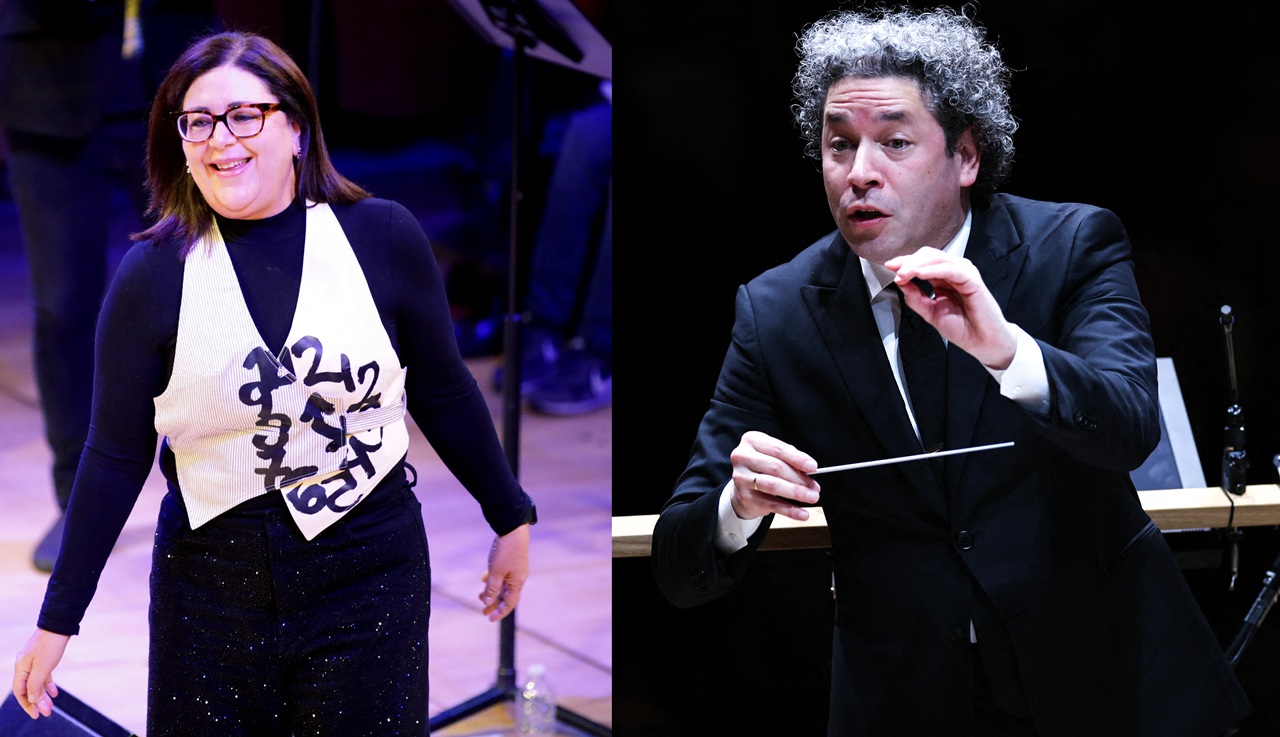
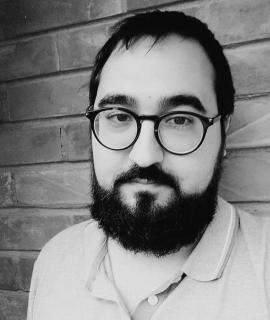
LEAVE A COMMENT: